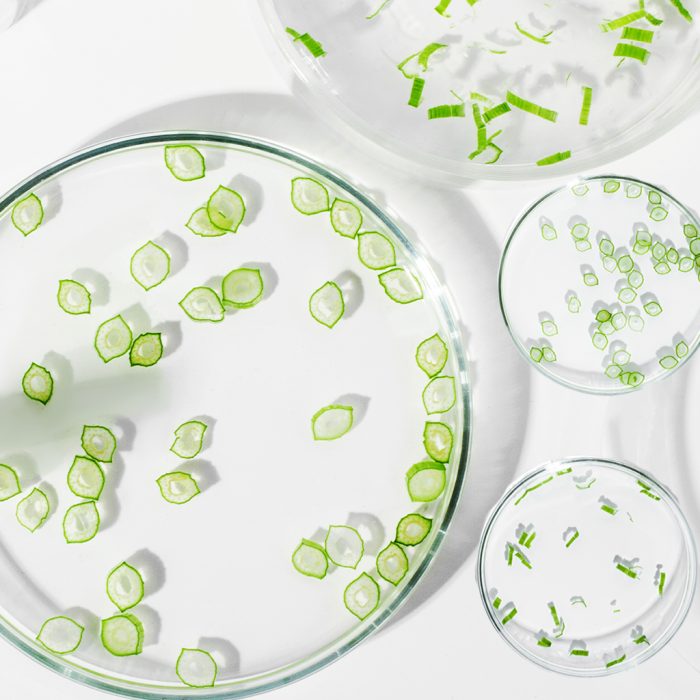
Research: Scientific Review of Herbal Supplements to improve sleep
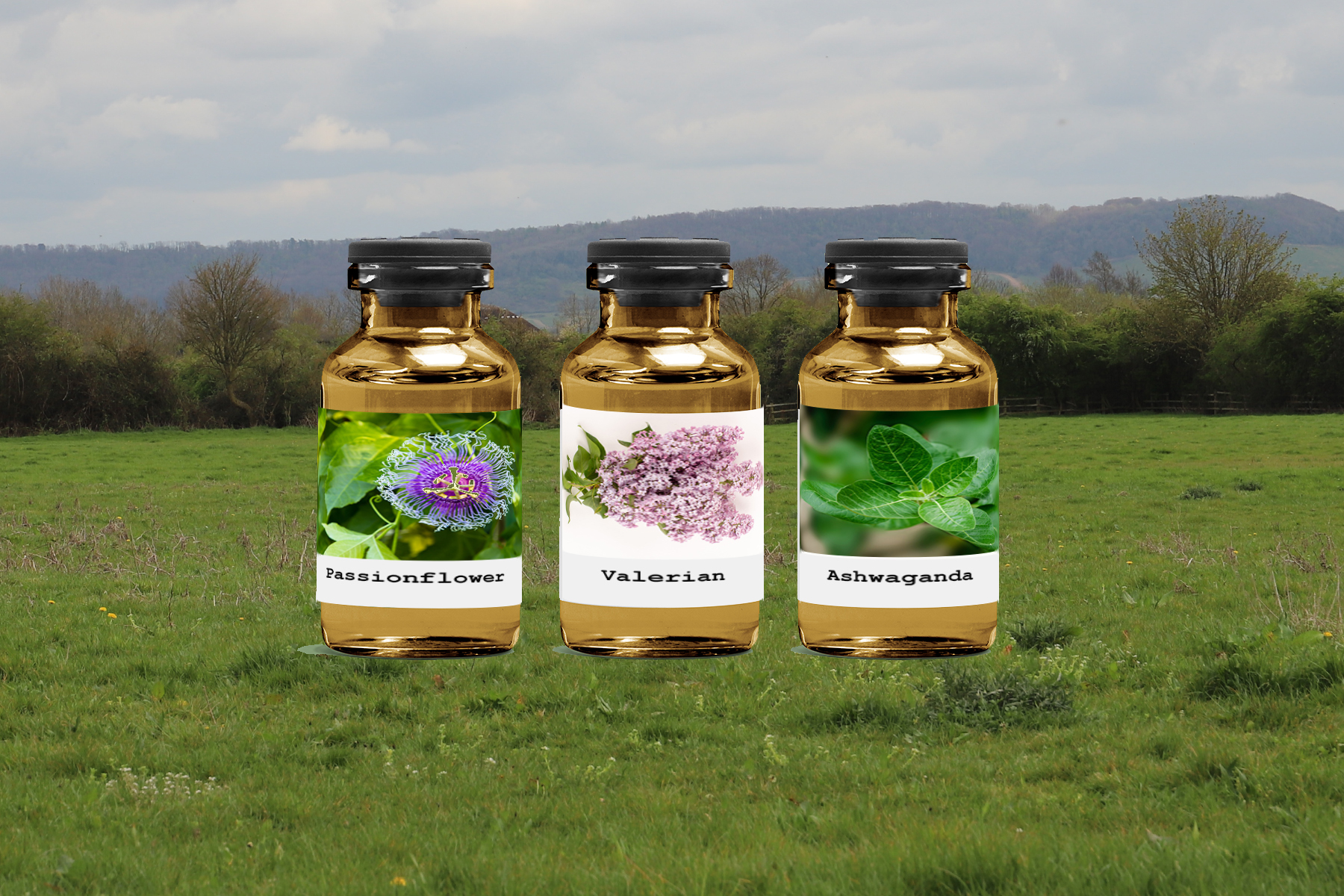

Sleep, a fundamental physiological process, naturally allows our brain and body to rest. It is crucial for our overall well-being, but unfortunately, up to one-third of adults experience poor sleep quality, which can have significant negative effects on their health.
Sleep deprivation can cause fatigue, difficulty concentrating, and irritability. It weakens the immune system, increases the risk of obesity, and has been found to raise the likelihood of experiencing mental health issues.
Taking these concerns into account, Study Yoga conducted an assessment of the clinical applications and efficacy of ashwagandha, Valerian Root, and Passionflower in improving sleep quality and dealing with insomnia.
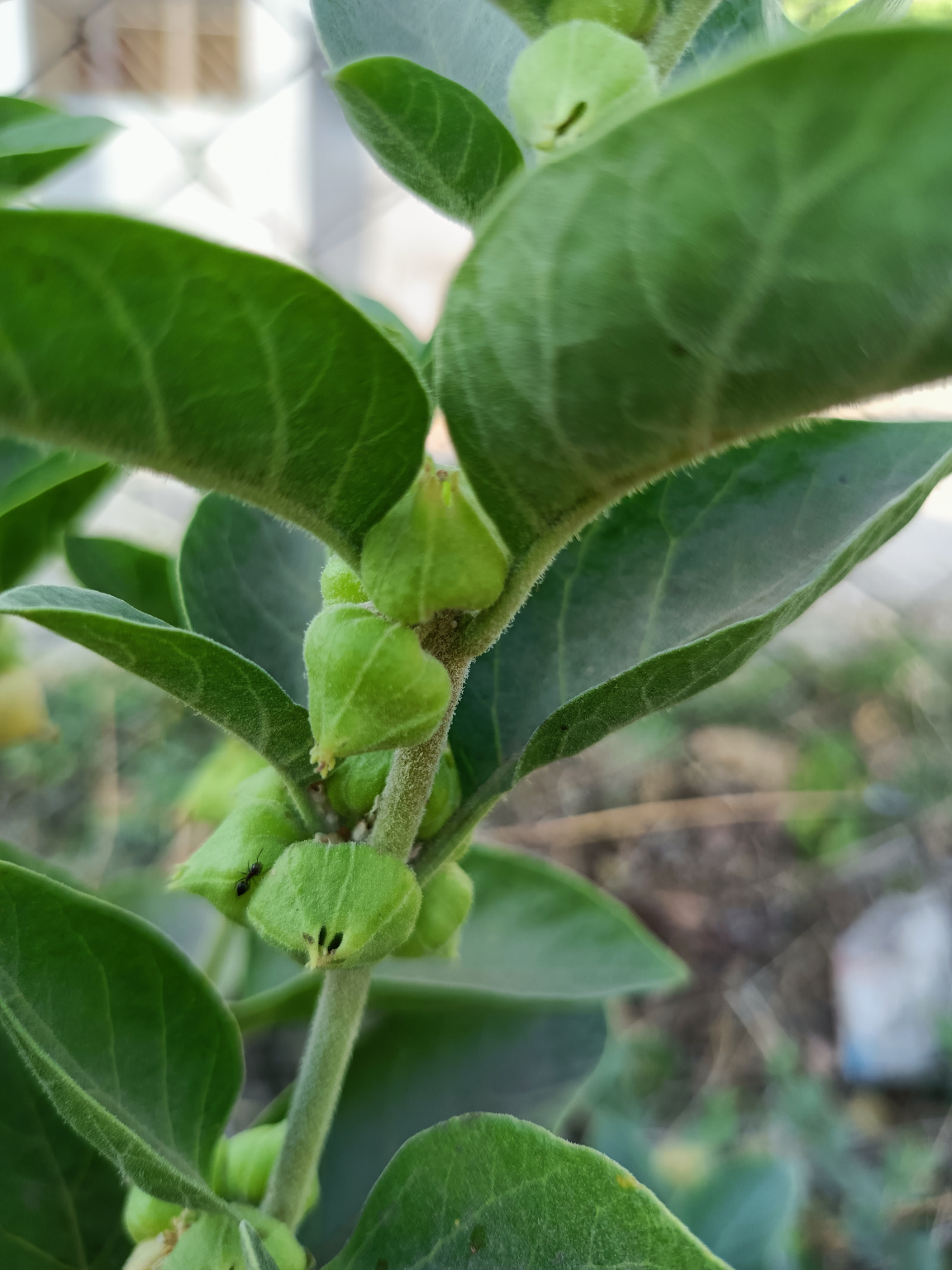
Clinical studies showed a remarkable impact of ashwagandha on sleep quality. Throughout the reviewed clinical studies, which spanned from 6 to 12 weeks, improvements in sleep quality were observed to develop gradually. The gradual improvement in sleep-related issues indicates that the sleep-enhancing effects of ashwagandha build up over time with regular use.
The clinical studies revealed that a daily dosage of 600 mg of ashwagandha led to significant sleep improvements, ranging from 30% to an impressive 72%.
Valerian Root, often hailed as “nature’s Valium,” has gained strong support from numerous clinical studies for its effectiveness in treating sleep disorders, particularly insomnia. Its reputation as a natural remedy dates back to ancient times, with the ancient Greeks and Romans embracing its medicinal benefits.
Valerian Root is grown in various countries and widely accessible in supplement form, though there is huge variation in the quality of these supplements.
To ensure the potency and accuracy of Valerian Root in supplements sold in the United States, Consumer Lab conducted tests on multiple products. The findings revealed that Nature’s Sunshine produced supplements that contained the specified level of Valerian Root as indicated on the product.
Safety: A systematic review published in the Journal of Evidence-Based Integrative Medicine showed that valerian intake was not associated with severe adverse events in subjects spanning a wide age range (7 to 80 years).
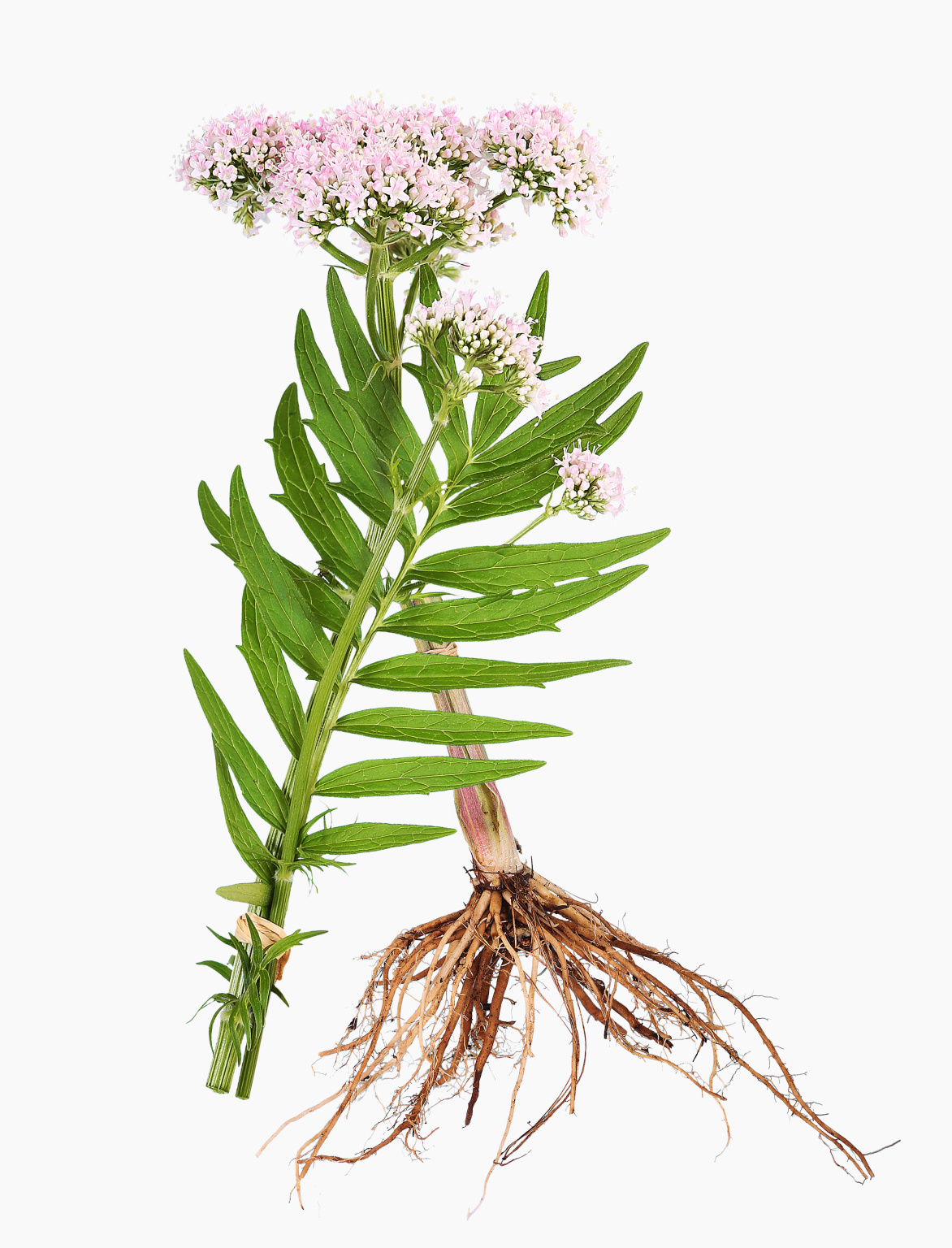
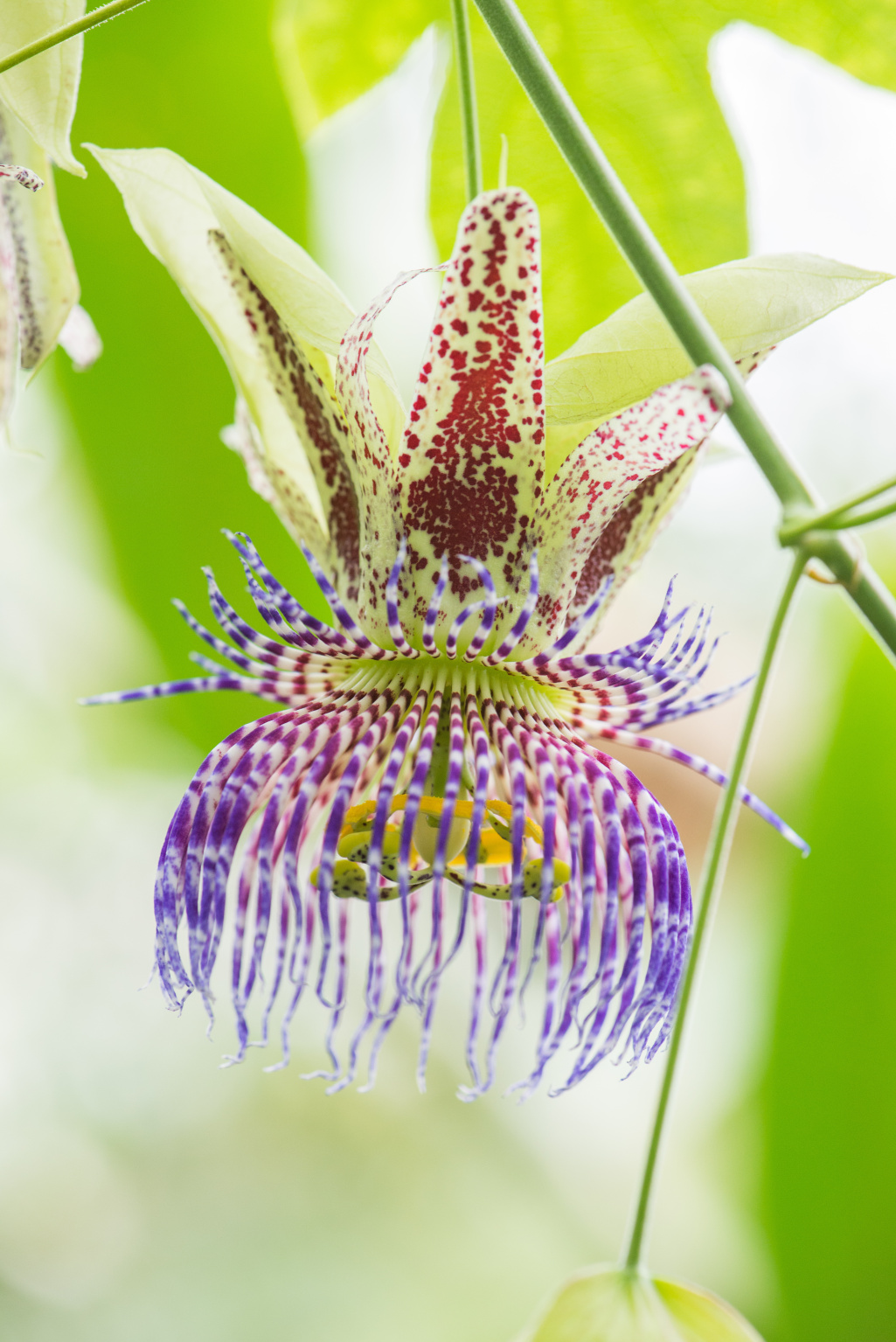
Passionflower extracts have proven to be effective in calming the nervous system and helping manage insomnia. This herbal remedy has a long-standing history of use across the globe.
In Europe, Passionflower has been traditionally used to alleviate insomnia and anxiety. In North America, it is celebrated for its role as a soothing tea. Brazil utilizes it for its analgesic, anti-spasmodic, and wormicidal properties. In Iraq, it is recognized for its sedative and narcotic effects, while in Turkey, it is valued for treating conditions like dysmenorrhoea, epilepsy, and neuralgia.
In America, Passionflower has been applied to address concerns like diarrhea and insomnia. Furthermore, in India, it has shown promise in supporting individuals affected by opiate dependence. The diverse historical uses of Passionflower extracts underscore its versatility and potential as a beneficial herbal remedy.
This medicinal plant has shown a wide spectrum of pharmacological activities in preclinical experiments, including anxiolytic, sedative, antitussive, antiasthmatic, and antidiabetic activities. The plant has a good safety profile.
A total of 24 studies that investigated five different CAM monotherapies and eight different combination treatments and involved 2619 participants met the inclusion criteria and were analyzed.
Based on the available evidence, it appears that nutritional and herbal supplementation is an effective method for treating anxiety and anxiety-related conditions without the risk of serious side effects. There is the possibility that any positive effects seen could be due to a placebo effect, which may have a significant psychological impact on participants with mental disorders. However, based on this systematic review, strong evidence exists for the use of herbal supplements containing extracts of passionflower or kava and combinations of L-lysine and L-arginine as treatments for anxiety symptoms and disorders.
Elgar K. (2021) Ashwagandha: A Review of Clinical Use and Efficacy. Nutr Med J., 1 (1): 68-78
Insomnia/sleep The Latin name of ashwagandha, Withania somnifera, alludes to its sleep-promoting properties, ‘somni-fera’ meaning ‘sleepinducing’. The herb is thought to ‘rejuvenate the nervous system’, easing stress and thus promoting sleep without being sedating.
Improvements in sleep quality were in the range of 30−72%, with improvements generally higher in people with sleep problems.38 Most studies used an ashwagandha root extract, 600 mg per day, while one study used an extract of both roots and leaves, 120 mg per day.39 The latter gave the biggest improvements in sleep quality as assessed by the questionnaire − 72%. The duration of treatments ranged from 6 to 12 weeks, with gradual improvements over the study periods where outcomes were measured at different time points.6,40 The stress-relieving properties of ashwagandha are likely to play an important role in improving sleep. Studies in animal models suggest that ashwagandha has GABAergic properties, which would also contribute to its benefits.
Sleep problems are widely prevalent and associated with various comorbidities including anxiety. Valerian ( Valeriana officinalis L.) is a popular herbal medicine used as a sleep aid, however the outcomes of previous clinical studies are inconsistent. This study was conducted to update and re-evaluate the available data in order to understand the reason behind the inconsistent outcomes and to provide a broader view of the use of valerian for associated disorders. PubMed, ScienceDirect, and Cochrane Library were searched to retrieve publications relevant to the effectiveness of valerian as a treatment of sleep problems and associated disorders..
There were no severe adverse events associated with valerian intake in subjects aged between 7 and 80 years. In conclusion, valerian could be a safe and effective herb to promote sleep and prevent associated disorders.
Sleep disturbances reduce the quality of life. About 50% of postmenopausal women experience sleep disturbances such as insomnia. Complementary and alternative medical therapies may be useful for the management of sleep disturbances among postmenopausal women. The aim of the present study was to evaluate the effects of valerian extract taken nightly on the improvement of sleep quality in postmenopausal women experiencing insomnia.
A statistically significant change was reported in the quality of sleep of the intervention group in comparison with the placebo group (P < 0.001). Also, 30% of the participants in the intervention group and 4% in the placebo group showed an improvement in the quality of sleep (P < 0.001).
Valerian improves the quality of sleep in women with menopause who are experiencing insomnia. Findings from this study add support to the reported effectiveness of valerian in the clinical management of insomnia.
The purpose of the present double-blind randomized placebo-controlled clinical study was to investigate the effects of Passionflower on polysomnographic sleep parameters in subjects with insomnia disorder.
The current study demonstrated the positive effects of Passionflower on objective sleep parameters including TST on polysomnography in adults with insomnia disorder.
Nutrients. 2020 Dec; 12(12): 3894.
Passionflower extracts have proven to be effective in calming the nervous system and helping manage insomnia. This herbal remedy has a long-standing history of use across the globe.
In Europe, Passionflower has been traditionally used to alleviate insomnia and anxiety. In North America, it is celebrated for its role as a soothing tea. Brazil utilizes it for its analgesic, anti-spasmodic, and wormicidal properties. In Iraq, it is recognized for its sedative and narcotic effects, while in Turkey, it is valued for treating conditions like dysmenorrhoea, epilepsy, and neuralgia.
In America, Passionflower has been applied to address concerns like diarrhea and insomnia. Furthermore, in India, it has shown promise in supporting individuals affected by opiate dependence. The diverse historical uses of Passionflower extracts underscore its versatility and potential as a beneficial herbal remedy.
This medicinal plant has shown a wide spectrum of pharmacological activities in preclinical experiments, including anxiolytic, sedative, antitussive, antiasthmatic, and antidiabetic activities. The plant has a good safety profile.
Navigating The World Of Living Microorganisms. Probiotics are a complicated topic. Probiotics are living microorganisms, mostly bacteria. The number of probiotic strains is vast...
The Research: Benefits OF GINSENG A Natural Aid for Muscle Wellness and Fatigue Relief Ginseng, recognized for its medicinal properties, has attracted scientific interest...
Koren Ginseng ☆☆☆☆☆ 5/5 Tested and Approved by Consumer Labs. This product has been tested and verified: 1 Vegetable capsule contains 250 mg Korean ginseng…
The probiotic universe is vast, teeming with thousands of strains, each providing unique benefits. Your journey to gut health becomes personal with these probiotics, selected and formulated with specific...
Sleep: Valerian Supplement ☆☆☆☆☆ 5/5 Nature’s Lullaby: Valerian Root Extract Immerse yourself in the tranquillity of Nature’s Sunshine Valerian Root Extract. Validated by Consumer Labs,…

